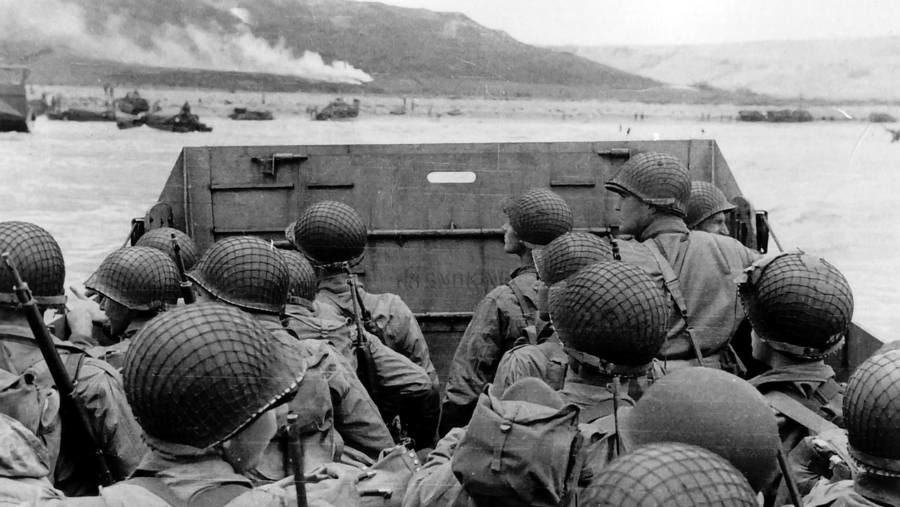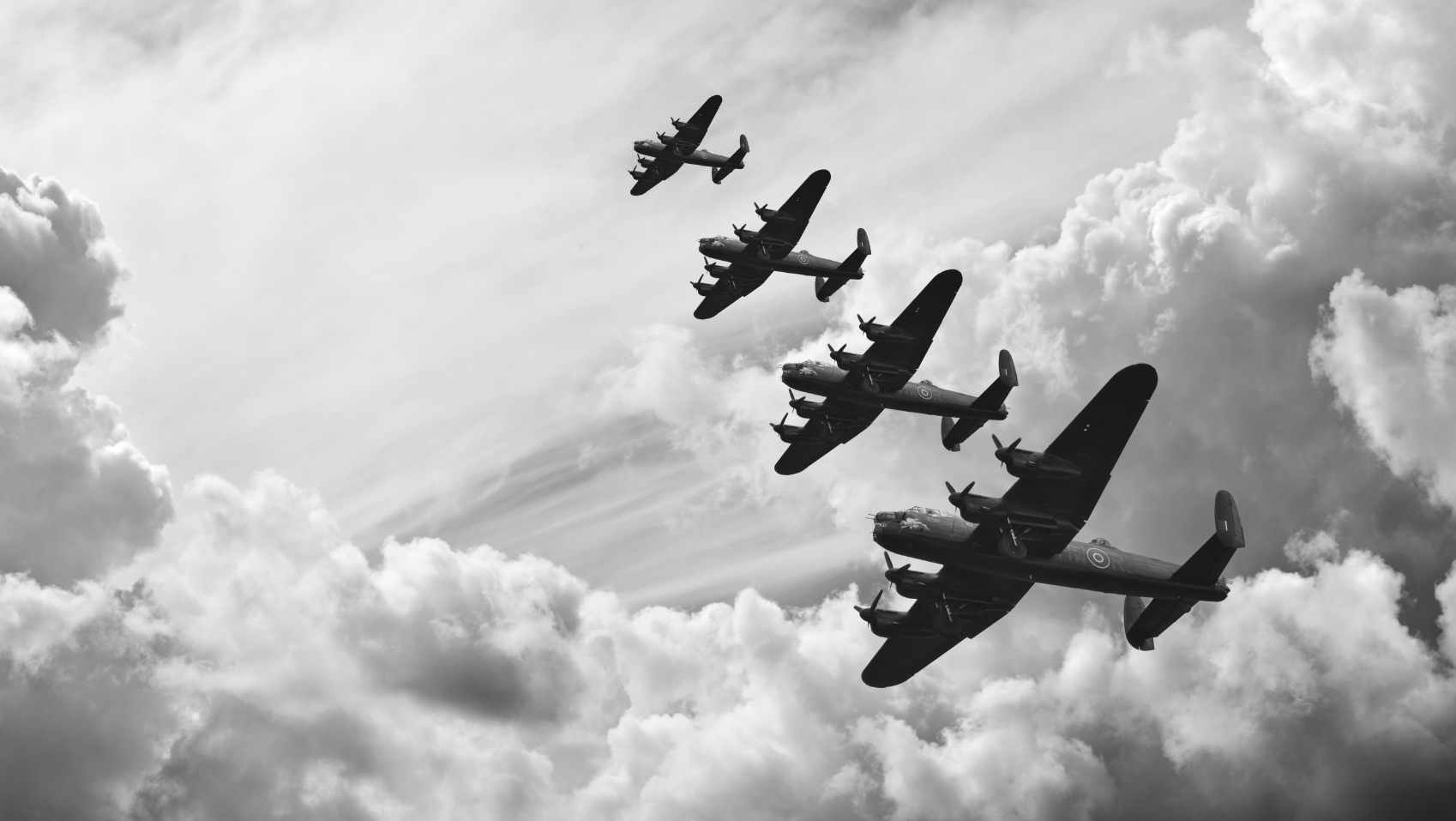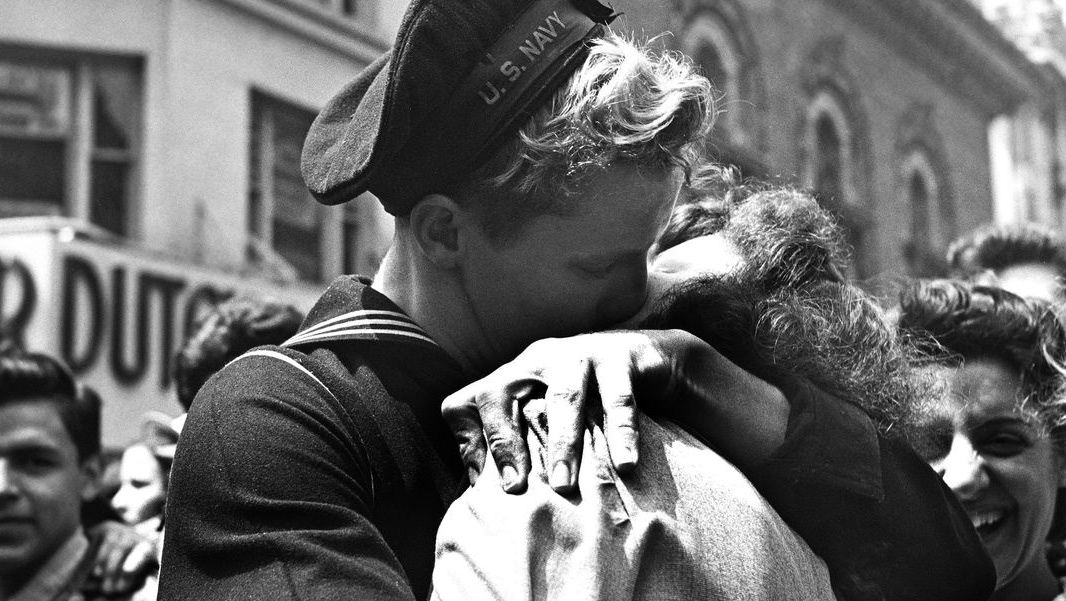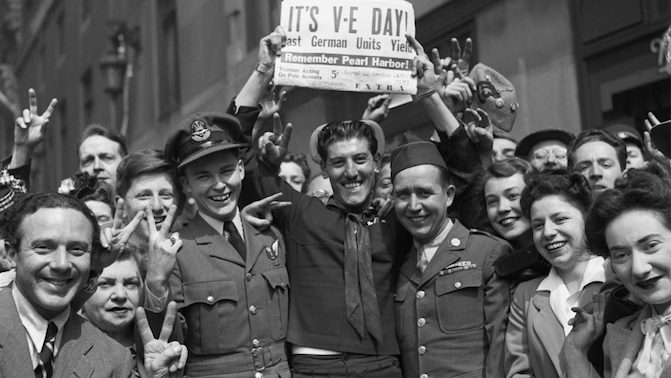Play as you read (DiAngelo, n.d.).
Russia
A small rag doll lays in the snow. It’s hair made with yellow twine, the stitches coming undone from the long years it had served its owner. Its owner, who now lay dead in the snow.
Her blood dyed it a shocking shade of red. One I was all too familiar with at this point. One I saw when I pricked my finger on a needle when I stitched up the holes made by bullets in the uniforms of my comrades after they had long passed. One I saw when they butchered the horse we were using to pull our cart, for the food promised by the government was nowhere to be found. One I saw every time I stepped on a battlefield, a gun in my hand, adrenaline in my veins.
And yet despite all I had witnessed, it was this rag doll that held my attention.
Maybe it wasn’t the rag doll itself. Maybe it was the avoidance of reality. The doll had a purpose sure, it had a role in life, but it never truly lived. So seeing it lose its place in the universe, did not feel as jarring as seeing the empty spaces left by those who once had dreams, had passions, had relationships that knotted and danced with those of others.
My purpose then was to escort prisoners of war we had obtained to concentration camps. Yet seeing this girl who could not have been a few years younger than I made my visions go black.
When I awoke, me and my partner had already disposed of those we viewed as the enemy, even if they themselves were people as well. The same crimson that dyed the snow, now dyed my hands as well (Litvin, 2007).
----
Germany
Honestly, I wish I was anywhere but here right now. I was so excited to be a German soldier, someone who would bring glory, victory, and honor! But, now, I see that it was a ruse. I’m here in the barracks, we haven’t eaten a proper meal for weeks, I would give anything for those frozen solid meals. Now, we eat any rations found on dead soldiers, those on the enemy side and even our own fallen friends. We fear that soon we will need to resort to something much more sinister (Koschorreck, 1998).
----
With the personal anecdotes carried by real soldiers, it is clear that the gruesome details brought an emotional toll during the war. As they fought for their country, both sides of World War II were the same in the sense that they were contended to stay alive. When they were in the middle of a battle, where they face death consistently, reach beyond hunger, inadequate hygiene, there is no doubt that patriotism was the only thing that coursed through their veins. World War II's aftermath consists of the various ways of those who lived during this era, soldiers and civilians alike, dealing with their emotions. There's no denying that the occurrence of mental instability and postmodernism art after World War II is not caused by chance but rather by the tragedies and hardships that the people endured during the turmoil.




